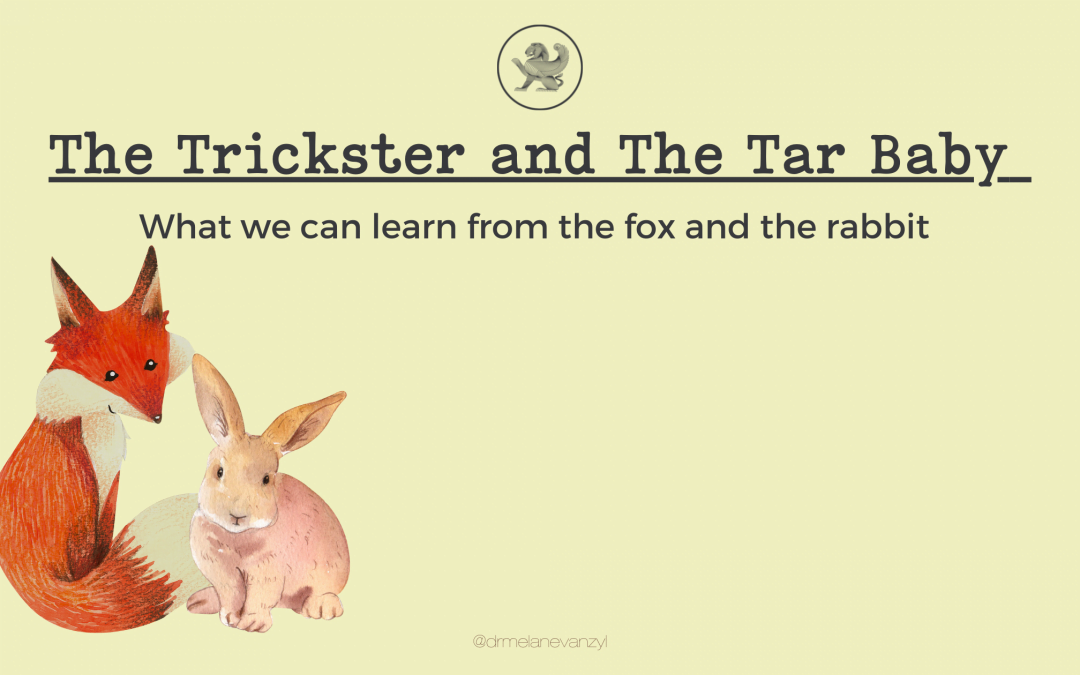CREDITS
By Dr Melane Van Zyl
In the book The Matrix and Meaning of Character, there is a story about the fox and the rabbit tricking each other.
The story goes like this:
The fox resents the rabbit’s power, and instead of talking about it (taking action), it sets a trap for the rabbit. The fox constructs a Tar-Baby (a rabbit-shaped doll covered with tar) and leaves it in the middle of the road—the fox hides in the bushes to watch. Rabbit comes along and starts a conversation with the Tar-Baby. The Tar Baby, of course, does not move or answer, which frustrates the rabbit more and more until he strikes the Tar Baby and gets stuck in the sticky tar.
This story is an excellent metaphor for the behaviour of a passive-aggressive person. This person does not actively engage with a problem but sets a trap. At first glance, it looks like there is engagement, and it may even seem like the person is enthusiastic about engaging. However, the passive-aggressive person does nothing and blames others for failing to take action.
This type of behaviour is much more subtle than overt psychopathic and narcissistic behaviour. We often do not notice that we are stuck in the sticky mess until it is too late.
The Mayo Clinic describes the signs of passive-aggressive behaviour:
• Resentment and opposition to the demands of others, especially the needs of people in positions of authority
• Resistance to cooperation, procrastination, and intentional mistakes to others’ demands
• The cynical, sullen, or hostile attitude
• Frequent complaints about feeling underappreciated or cheated
Passive-aggressive behaviour will probably affect a person’s relationships and functional capacity at work. If you recognize these signs in yourself, psychotherapy can be helpful.

